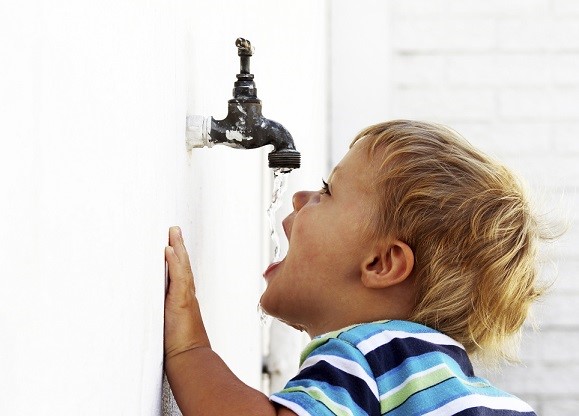 March 5 through 11 marks the 19th National Groundwater Awareness Week. Groundwater is the water that soaks into the soil from rain or other precipitation and moves downward to fill cracks and other openings in beds of rocks and sand. Most groundwater flows directly into streams, rivers and lakes. Groundwater can then be pumped through private wells for domestic uses, like drinking, cooking, bathing, washing clothes and dishes, and brushing teeth.
March 5 through 11 marks the 19th National Groundwater Awareness Week. Groundwater is the water that soaks into the soil from rain or other precipitation and moves downward to fill cracks and other openings in beds of rocks and sand. Most groundwater flows directly into streams, rivers and lakes. Groundwater can then be pumped through private wells for domestic uses, like drinking, cooking, bathing, washing clothes and dishes, and brushing teeth.
You might be surprised to know that there are no regulations or requirements on water quality from a private well. It is the owner’s responsibility to have their water tested to ensure its safety. We have about 90,000 registered private drinking water wells in the state serving approximately one out of every 10 residents.
This week, and throughout the year, we work to educate well owners and public health professionals about private well water quality and safety and to inform people about steps they can take to protect groundwater from contamination. Be aware of how groundwater can be contaminated and do your part to keep from contaminating groundwater. For example:
- Check the weather before application of lawn chemicals—if it’s about to rain, they could be washed off the lawn and into local streams, rivers, or lakes
- Properly store hazardous substances in secure containers, mix them over concrete or asphalt where they can be cleaned up if spilled, and do not dispose of them by dumping them on the ground, pouring them down the drain, or flushing them down the toilet: contact local waste authorities about proper disposal.
- If you have any storage tanks containing hazardous substances, fix or replace them if they’re leaking.
For more information on well testing, and what to do if the well is contaminated, please visit our new Well Water Quality website.









